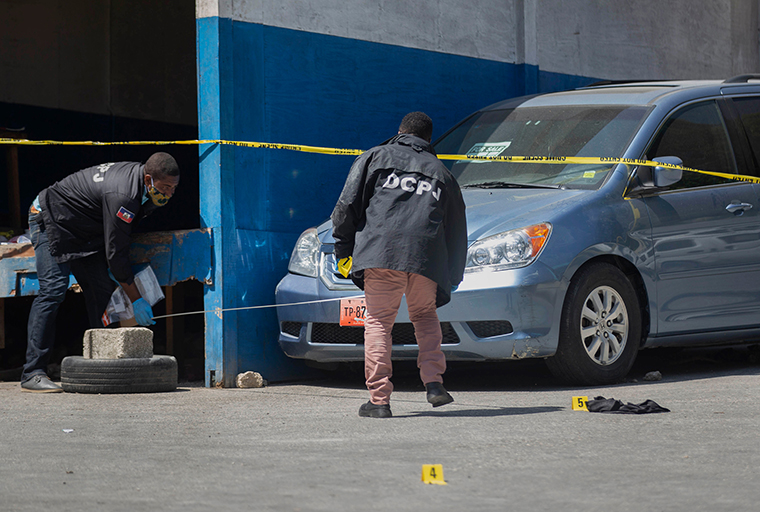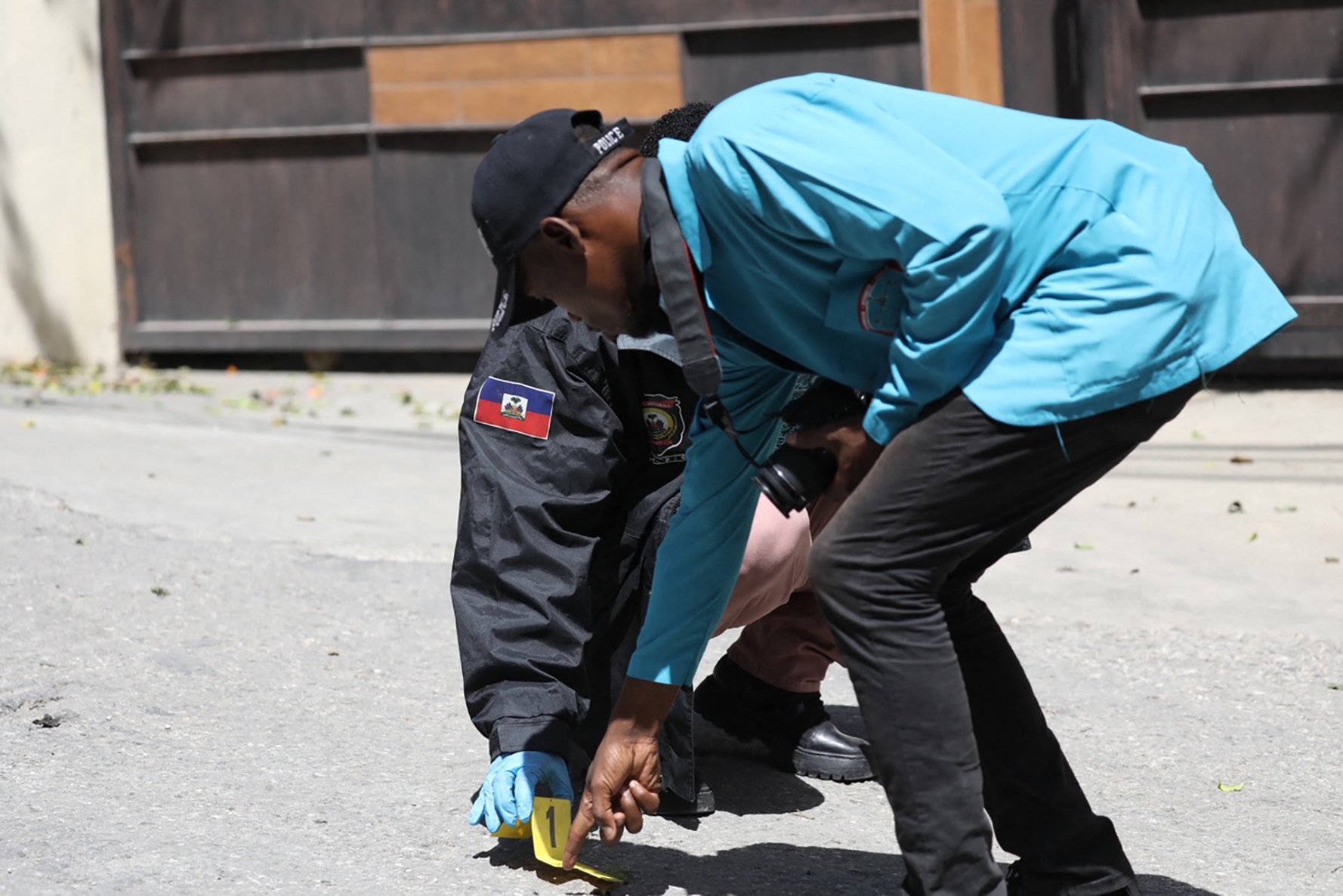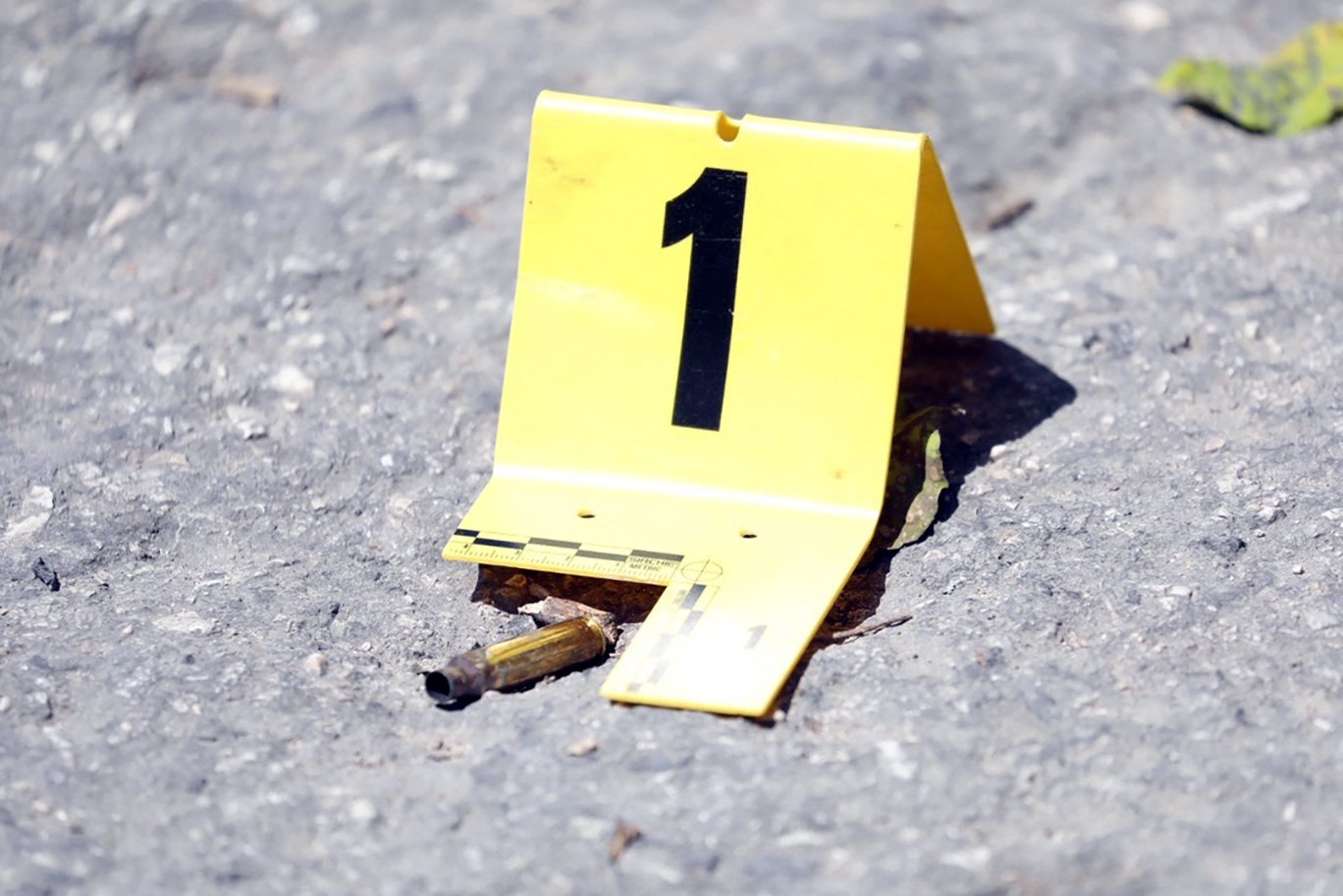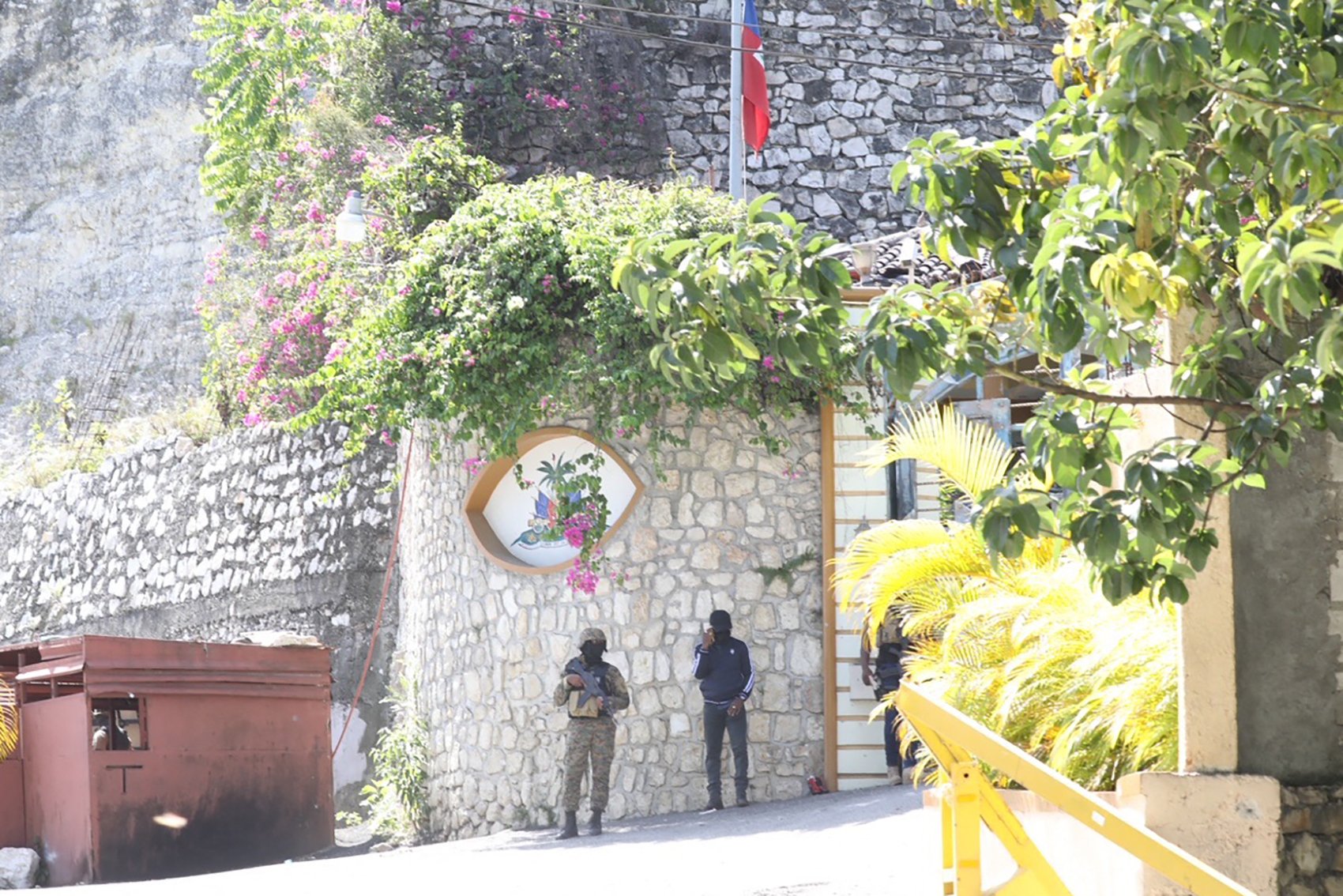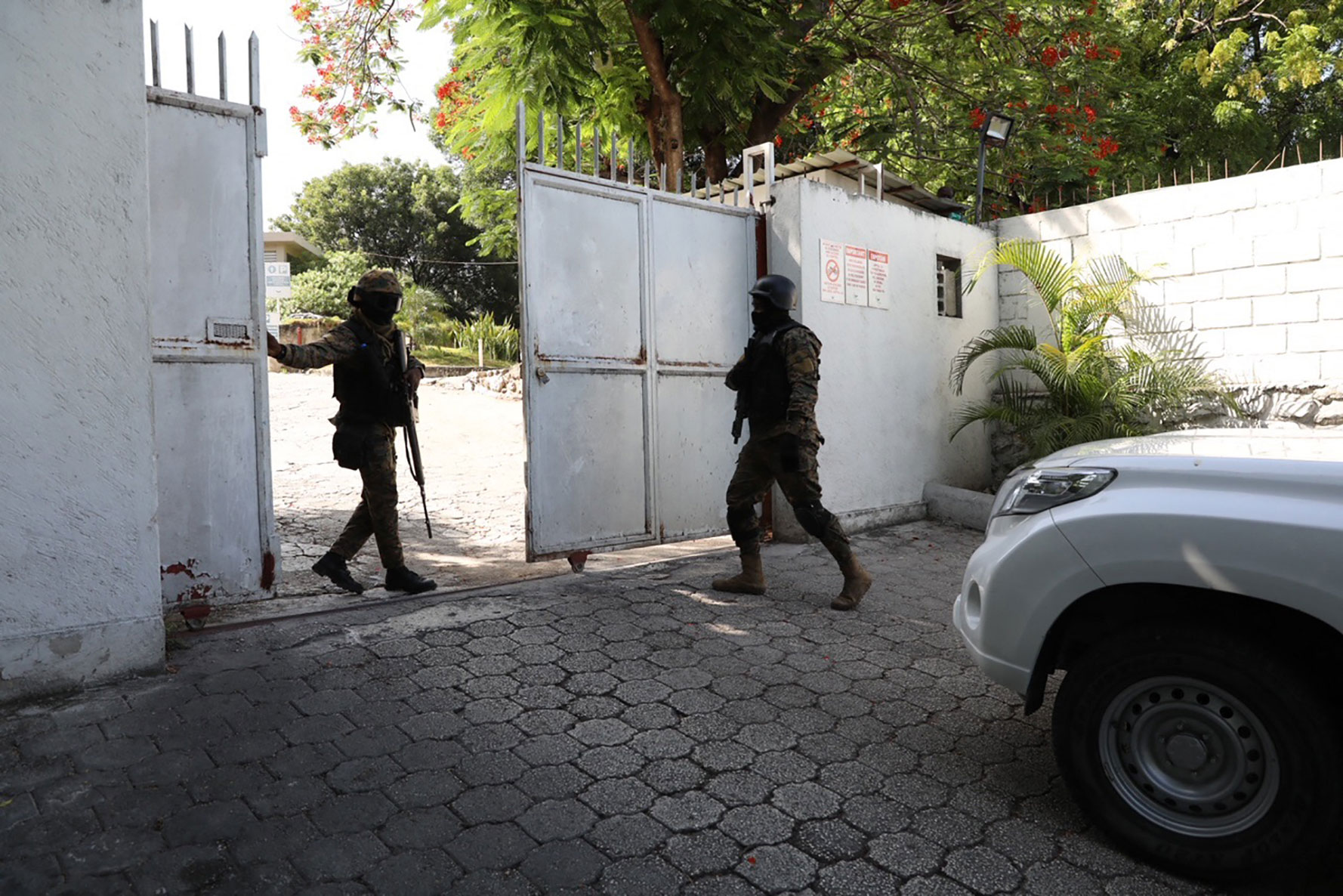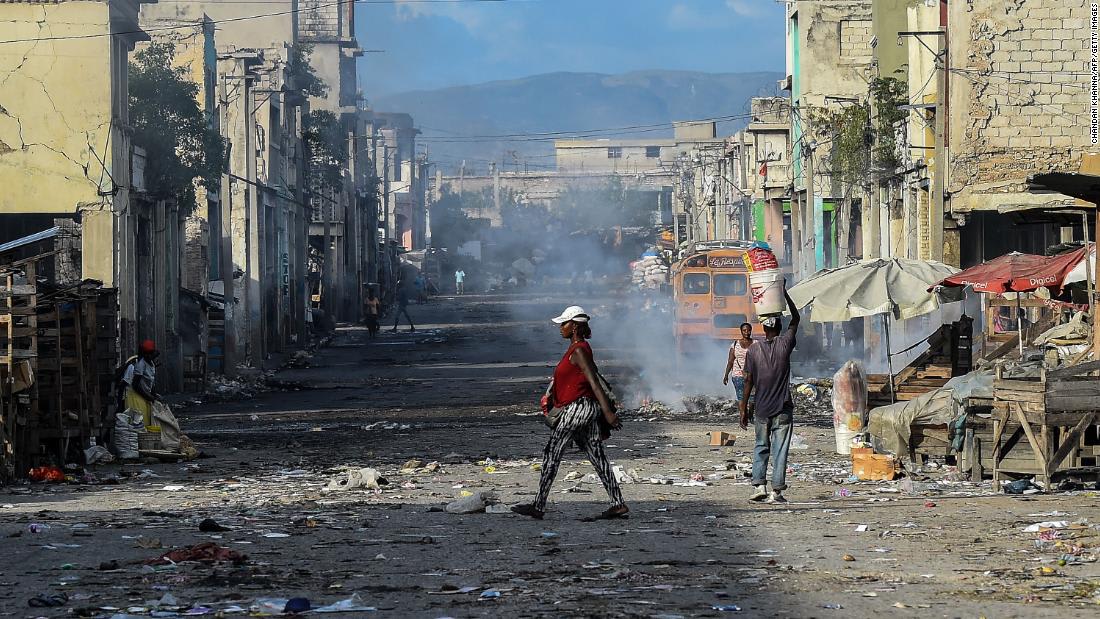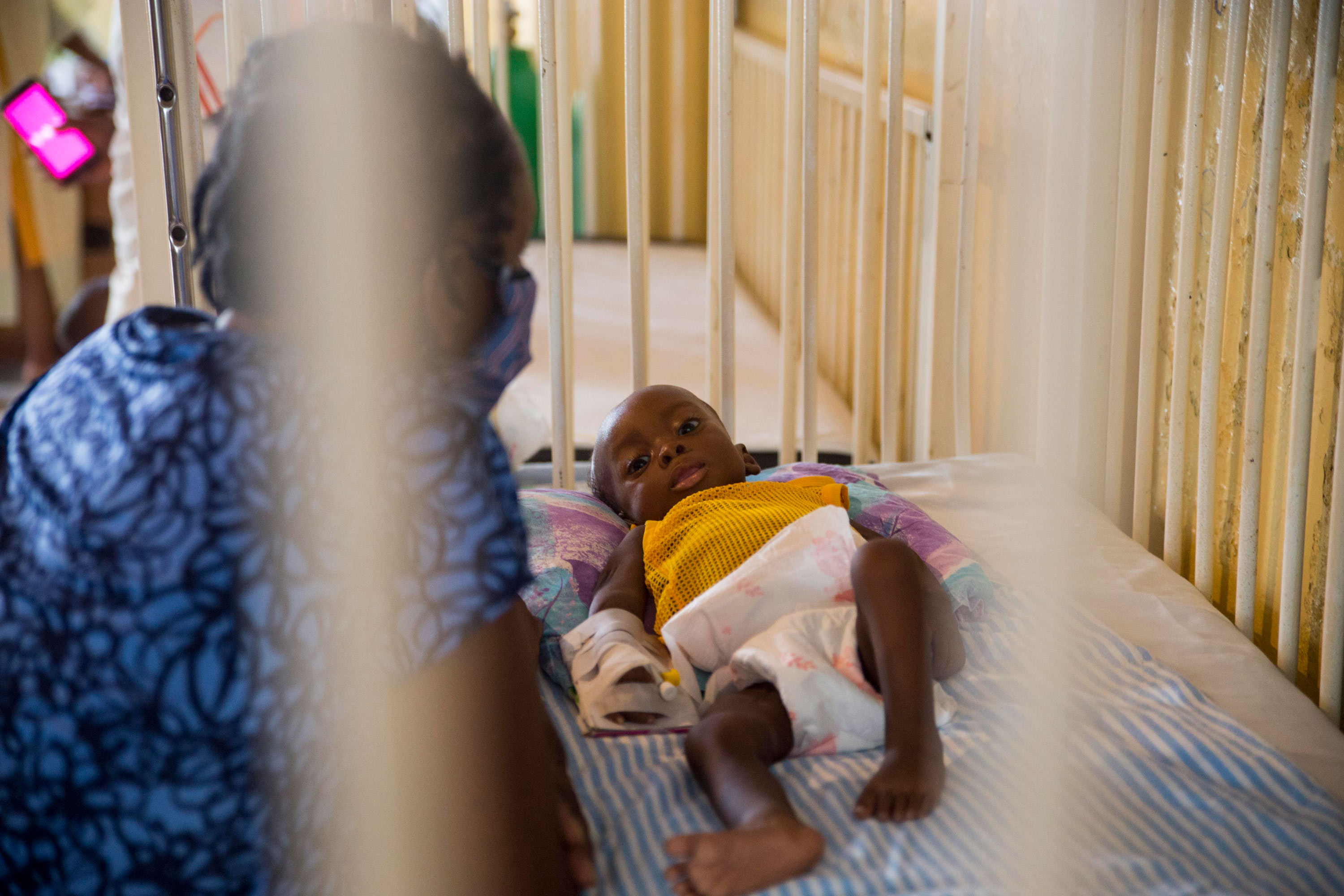The attackers who assassinated President Jovenel Moise are believed to be “mercenaries,” Haitian ambassador to the US Bocchit Edmond said, referring to them as “well-trained killers.”
He said video from the scene showed them speaking Spanish and said they presented themselves as Drug and Enforcement Administration (DEA) Agents.
“I believe they are fake DEA agents,” he told reporters Wednesday. Edmond asserted that the attackers were foreigners, but declined to give evidence to this beyond citing footage of them speaking Spanish.
“We don't know how they came in,” Edmond said, adding that they did not know if the attackers were still in the country. He said if they have left, it would be via a land border with the Dominican Republic because Haiti would have detected a plane leaving and the airport has been closed since the attack. He said the airport would reopen “once we have this situation under control."
He stressed the importance of the international community’s assistance in carrying out an investigation and also pointed to the need for security, specifically saying that they need armed forces, not local police, to protect their borders.
“We need to have armed forces, because our country was created by military, so it's very important to have that and so our borders can be protected, and to have a better control over the borders, because it is not acceptable to have the commanders, the foreign commanders, to enter a country, to kill the president, and to leave without any concern,” he said.
Edmond added, “If the border was well protected by the armed forces, it would have been difficult, because the national police doesn't have that mission to protect borders."
The ambassador said he had been in touch with the White House, State Department and his counterpart, the US ambassador to Haiti.
